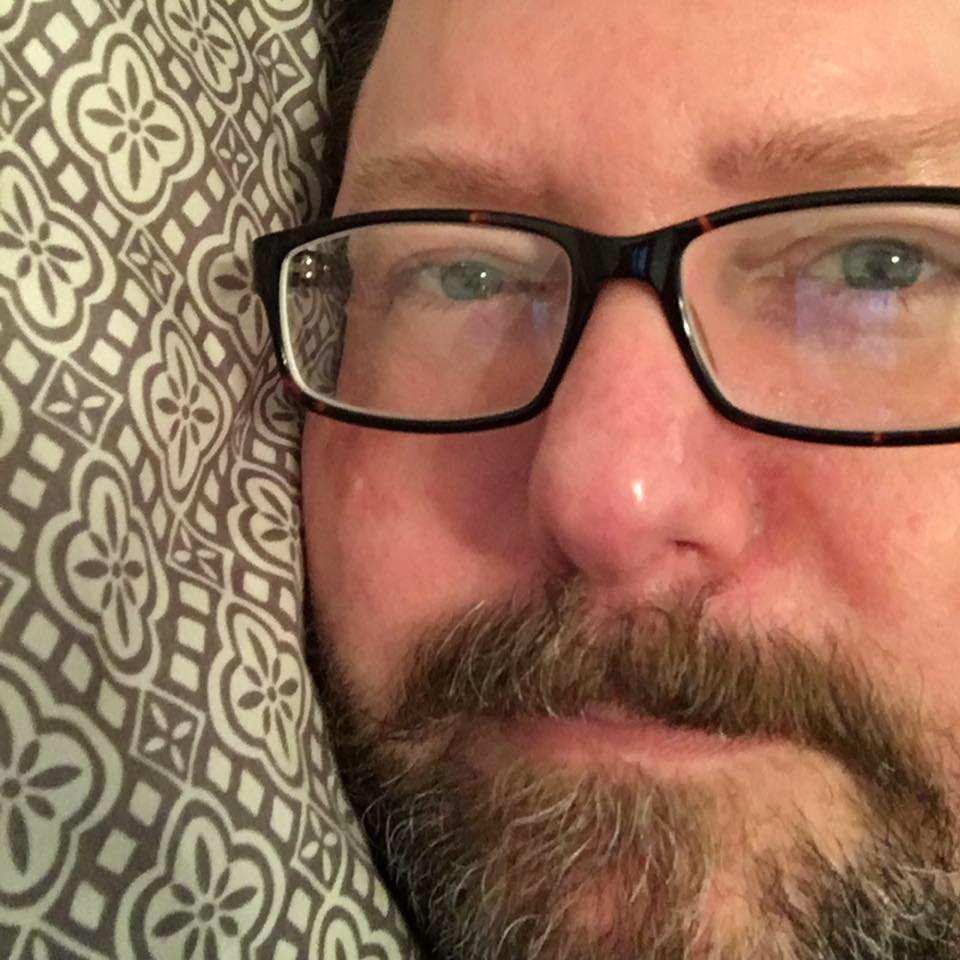“You, yesterday’s boy, to whom confusion came: Listen, lest you forget who you are.
It was not pleasure you fell into. It was joy. You were called to be bridegroom, though the bride coming toward you is your shame.
What chose you is the great desire. Now all flesh bares itself to you.
On pious images pale cheeks blush with a strange fire. Your senses uncoil like snakes awakened by the beat of the tambourine.
Then suddenly you’re left all alone with your body that can’t love you and your will that can’t save you.
But now, like a whispering in dark streets, rumors of God run through your dark blood.”
— Ranier Maria Rilke, from “Rilke’s Book of Hours,” translated by Anita Barrows and Joanna Macy
We must be gentle with ourselves. Confusion settled on us in the way snow buries and obfuscates, and yet, as warmth returns to winter, if we listen, we will not forget who we are.
It is easy to reject when rejected, since so many of us are rejected by our faith communities. So easy to run too far the other way in our thinking, as if the error of authority figures invalidates our own spiritual existence. Running the other way, many of us fell, not really into pleasure, but joy. Any prospect of joy offered a promise of relief from the emotional and psychological pain weighing us down on our journey. That such joy was largely sensory, and so, temporary, didn’t matter to us; we could feel happy for those few precious moments.
There, in that fallen place (where, it must be said, many of us still reside), we eventually experience the futility of sensual and projected joy. We begin to question if there might be a more perfect happiness than this. We may feel intense guilt and shame as we use the source template of our faith tradition to judge ourselves or our behavior unworthy: “Well, of course I’m not happy, I’m homosexual/bisexual/transgender/doing drugs/not going to church,” and so on. Truly, regardless of gender, we were all intended to be “bridegroom,” to the Great Spirit of Love — bonded with the great body of Truth and Nurturing Love — and now, the bride coming toward us is our shame.
In fallenness (which does not imply “sinfulness”), in which “all flesh bares itself to you,” we become companions to desire, the body and its senses. Our “senses uncoil like snakes.” This sensual knowledge is not good or bad, unless it is put to constructive or destructive uses. [In fact, such knowledge may become a great strength. A persistent antipathy to the body and its senses possesses many individuals of spiritual direction, as if our divine function is one to the exclusion of another, instead of creating healthy balance.]
When we are suddenly left all alone — as we know happens in an existence based on sensory joy — “with your body that can’t love you/and your will that can’t save you,” we finally face the fact of our own Spirit. To many it is a given that we are body, mind and Spirit, but just as many forget the spiritual until it reveals itself as the only choice for long-lasting happiness, independent of the senses. This awareness of our Spirit approaches “like a whispering in dark streets.” Listen and you can hear it now, the “rumors of God run through your dark blood.”

Michigan native, author and activist Clayton Gibson wrote Shirt of Flame: The Secret Gay Art of War under the pen name Ko Imani and is the creator of MyOutSpirit.com and founder of QWELL Community Foundation in Austin, Texas.
